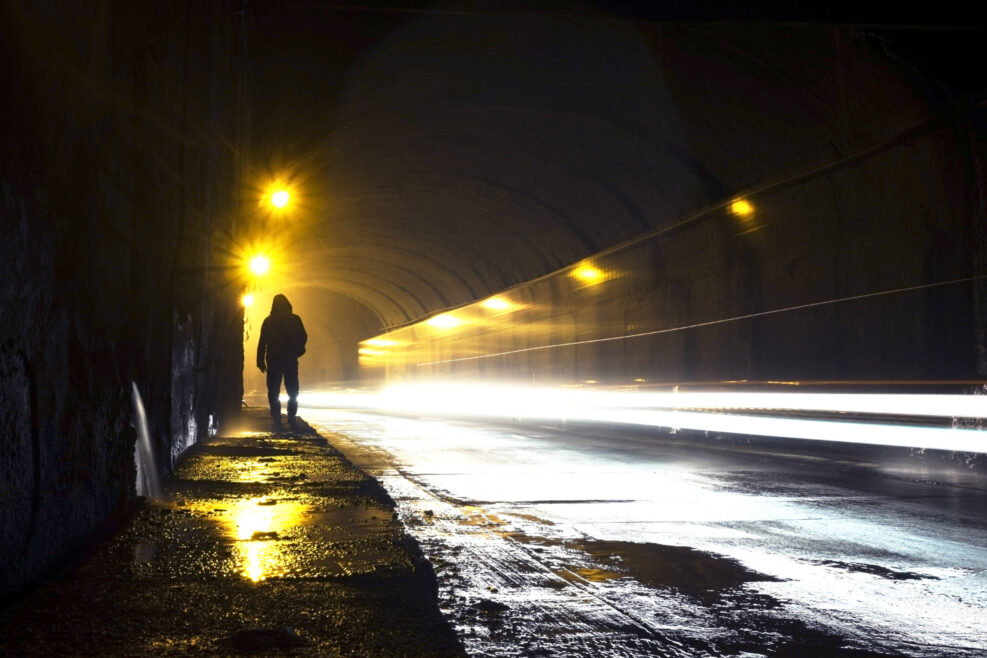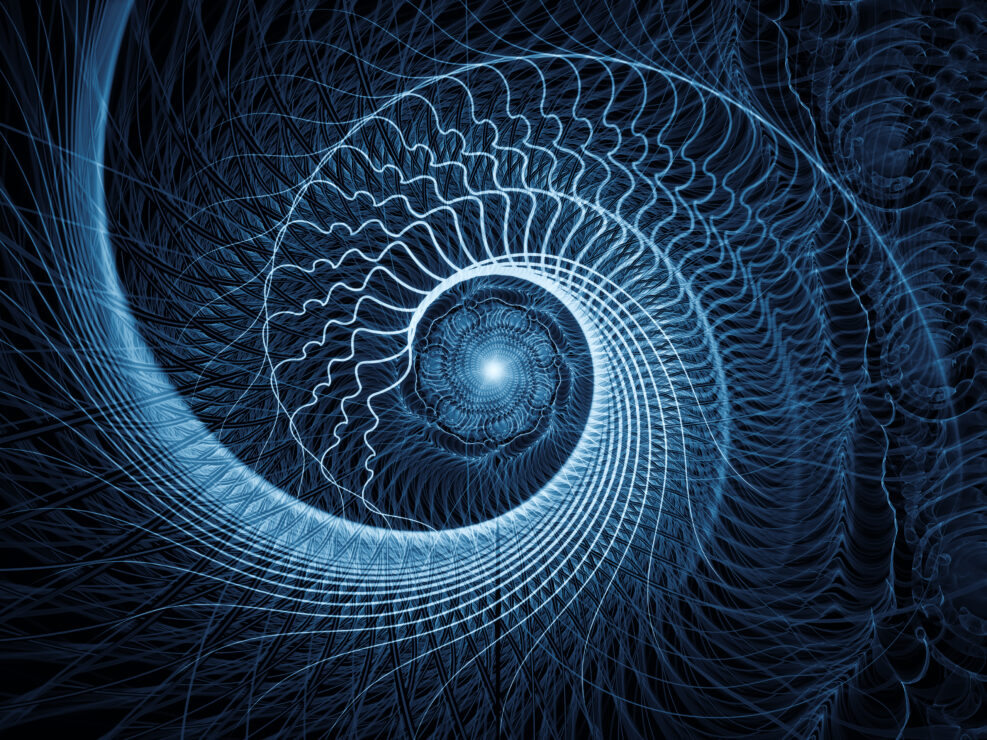
A Neurosurgeon Weighs in On Near Death Experiences
On this episode of Mind Matters News, host Robert J. Marks concludes his four-part conversation with neurosurgeon Dr. Michael Egnor about his new book The Immortal Mind. In this final segment, the evidence for the reality of near-death experiences (NDEs) is examined, including well-documented cases such as that of Pam Reynolds, whose NDE occurred during a highly-monitored neurosurgical procedure. Marks Read More ›


















